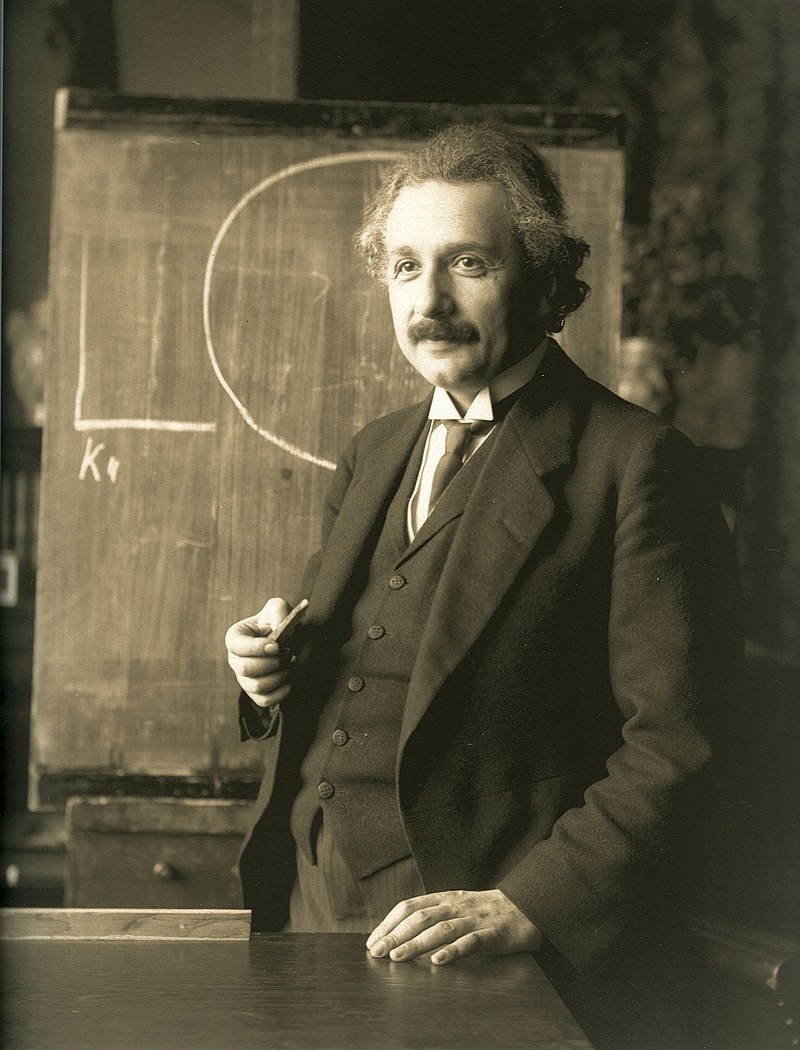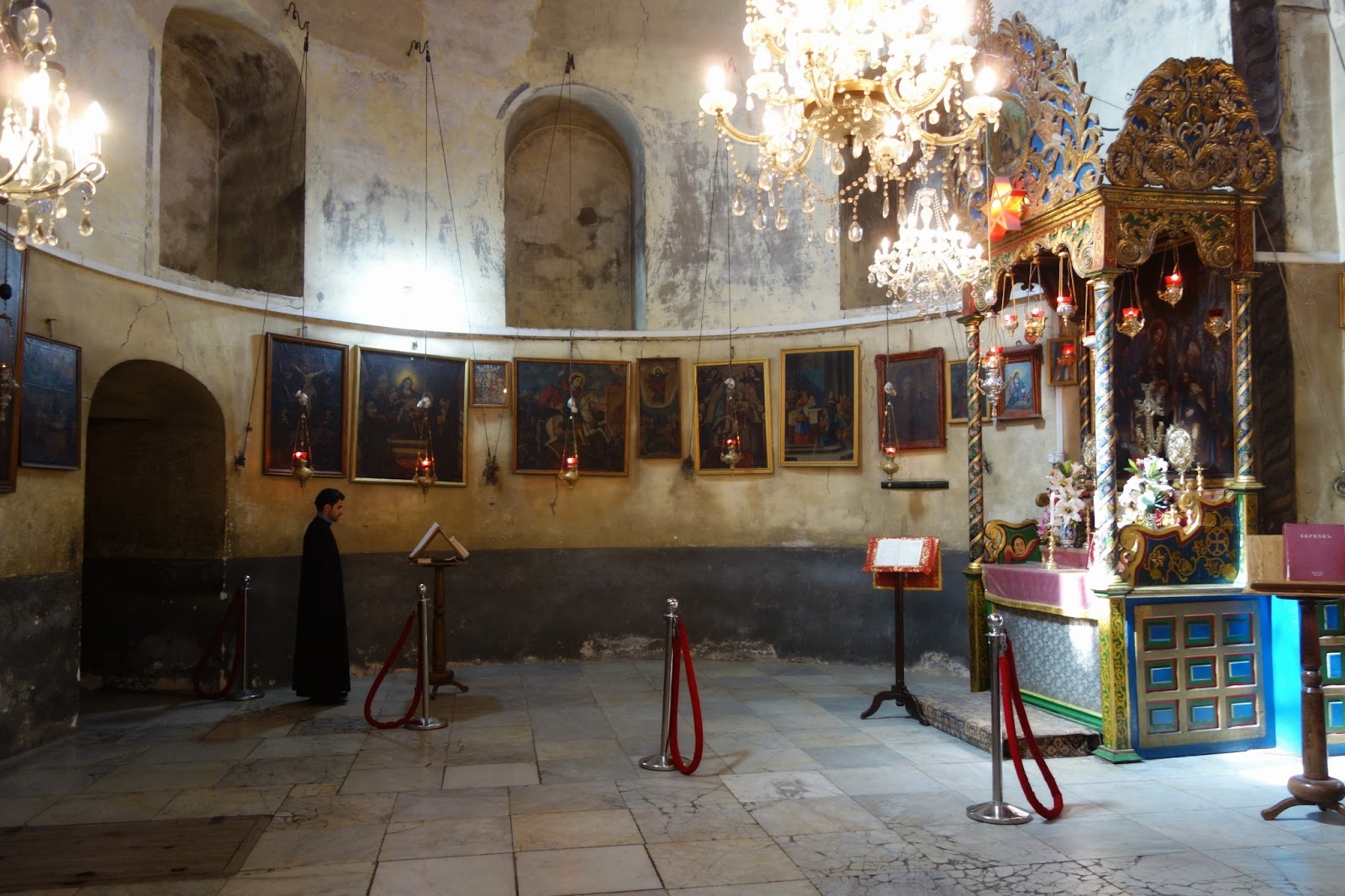We took ATVs all over the island.
Perissa, where we stayed.
Man achieves flight.
We went to this bakery every day. The family that worked there was so, so nice.
The Red Beach.
Thira.
The view of the caldera.
And the world famous sunset from Oia.
Santorini is known for stunning sunsets and being the most beautiful Greek island. It was a flourishing mercantile stop on the Aegean Sea well over three thousand years ago. The Greeks who posted up here were smart, although they unfortunately didn't predict the massive volcano eruptions that would rock their island and destroy the civilization they had built there. A giant hole remains, creating a gorgeous cliff-rimmed caldera, now adorned by thousands of perfect white houses, hotels and shops.
We stayed on the other side of the island away from the famous cliffs, at a cheaper (but still beautiful) black sand beach called Perissa. It was a week of bliss -- exploring the island on ATVs and finding secret beaches all to ourselves, sampling the local Santorini wines, laying out on the nude beach, soaking up cosmic rays, eating fresh fish and feta cheese, hiking to ancient ruins, watching sunsets, dancing the night away to live music.
It's hard to ask for much more.
While living the good life, a classic story came to mind. You may have heard it:
The American investment banker was at the pier of a small coastal Mexican village when a small boat with just one fisherman docked. Inside the small boat were several large fin tuna. The American complimented the Mexican on the quality of his fish and asked how long it took to catch them.
The Mexican replied, “only a little while.”
The American then asked why he didn’t stay out longer and catch more fish?
The Mexican said he had enough to support his family’s immediate needs.
The American then asked, “but what do you do with the rest of your time?”
The Mexican fisherman said, “I sleep late, fish a little, play with my children, take siesta with my wife, Maria, stroll into the village each evening where I sip wine and play guitar with my amigos, I have a full and busy life.”
The American scoffed, “I am a Harvard MBA and could help you. You should spend more time fishing and with the proceeds, buy a bigger boat, and with the proceeds from the bigger boat you could buy several boats. Eventually, you would have a fleet of fishing boats. Instead of selling your catch to a middleman you would sell directly to the processor, eventually opening your own cannery. You would control the product, processing and distribution. You would need to leave this small coastal fishing village and move to Mexico City, then LA and eventually NYC where you will run your expanding enterprise.”
The Mexican fisherman asked, “But, how long will this take?”
To which the American replied, “15-20 years.”
“But what then?”
The American laughed and said that’s the best part. “When the time is right you would announce an IPO and sell your company stock to the public and become very rich, you would make millions.”
“Millions?” asked the fisherman, “Then what?”
The American said, “Then you would retire. Move to a small coastal fishing village where you would sleep late, fish a little, play with your kids, take siesta with your wife, stroll to the village in the evening, sip wine and play your guitar with your amigos!”
-Author Unknown
A lot of people, including myself, love the tale. I'm sure it's in large part because we Americans are certainly so often guilty of getting caught up in the rat race. When one clearly compares the two, the simple life seems obviously preferable. I definitely don't mind the life here on Santorini, that's for sure.
The MBA lust for money is an easy target though. Too easy. The profit-hungry guy in the story is a total straw man. I think that's why the tale is so appealing to people: it confirms the value of a simple life, giving you the false sense that you shouldn't have to get caught up in so much striving and trying and caring about money. You should enjoy life.
The approach works, at least so long as man is an island. The fisherman story liberates your pursuit of an ideal life all without having to answer any actually difficult questions about justice and our human potential for affecting the lives of others.
Indeed, the story wouldn't be quite as satisfying if Jesus, Peter Singer, or Paul Farmer were the questioner instead. They are people who believe that as long as suffering is in the world, we should not rest easy on our good fortune. They would have a lot tougher questions to answer.
"What about all the hungry, poor kids in Mexico? They can't be too far away. You look pretty comfortable though. You have an abundance of resources. Don't you have any responsibility to try to help those beyond your immediate community? Perhaps wouldn't it be better if you stayed out a little longer fishing so that you could catch more food, so that you could ship some food to the poor?"
I can't imagine what they would ask me on Santorini, especially since, unlike the self-sufficient fisherman, I was solely consuming. More than a few times as I laid out on the beach, a quote at total odds with me laying out on the beach -- and at odds with the fisherman story -- came to my mind:
Comfort is the enemy of achievement.
I love it. It's good. Like the Mexican fisherman tale though, it's missing a recognition that there's more to the story. As much as I believe in the importance of continual self-improvement and constantly trying to improve the world little bits at a time, life would be miserable if we felt guilty every second we weren't doing something.
At the end of the day, I hope to have slices of the simple life in my life. I think it's important to cherish. At the same time, I hope I don't ever get too comfortable with my lot in life when others have never had a shot at such a good lot.
Santorini is an island; I am not. I hope the slices of the good life I get can refresh me so that I may commit myself again and again to working hard and helping others.
That's the balance I think we all have to weigh for ourselves, a balance between enjoying the fruits of life and sowing seeds so that others may do the same. The more fruit we've been given though, I would imagine the more seeds we ought to plant. I think I got some plantin' to do.






















































